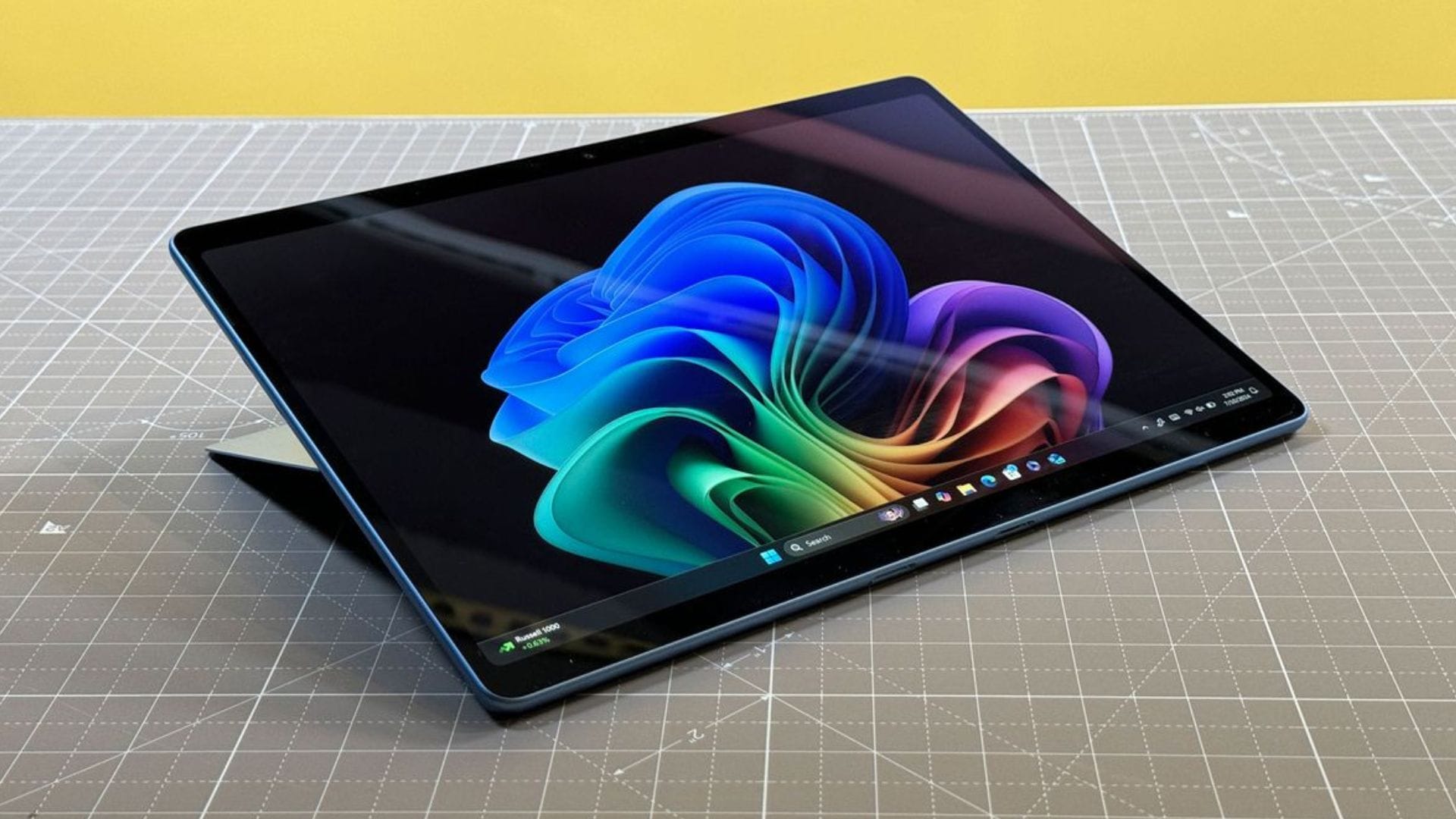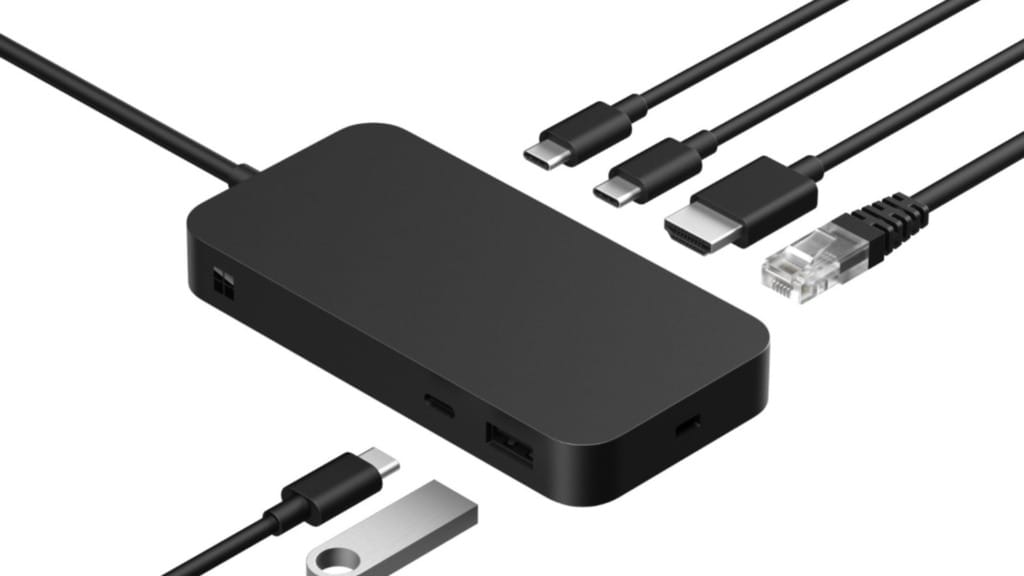Microsoft unveils new Surface devices with Copilot+ PC capabilities
Microsoft launches the new Surface Pro and Surface Laptop with Intel Arrow Lake processors, 5G support, and enhanced security.

Microsoft has introduced two new Surface devices—the Surface Pro and the Surface Laptop—with Intel Arrow Lake V-series processors. One of these models will feature 5G connectivity, making it a compelling option for users who need reliable, high-speed mobile internet.
Table Of Content
Microsoft has confirmed that models released last year remain available for those interested in Qualcomm-based Surface devices. The company is also touting all Copilot+ PCs as “the most secure Windows PCs ever,” thanks to the Microsoft Pluton security processor enabled by default. Pluton is a chip-to-cloud security technology designed to enhance protection by embedding security features directly into the CPU. This approach helps safeguard sensitive data such as passwords, encryption keys, and user identities, even in cases where a device is physically compromised.
Surface Laptop (7th Edition): Faster, more powerful, and feature-packed
The new Surface Laptop (7th Edition), powered by Intel Arrow Lake processors, will be available for purchase on the Microsoft website from February 18 (March 4 locally), starting at US$1,499.99 (~S$2,032.84).
Offered in two sizes – 13.8-inch and 15-inch – both variants feature Microsoft’s PixelSense Flow display with a 120Hz refresh rate and up to 600 nits of brightness. The device supports an Intel Core Ultra 7 processor, Intel Arc Graphics, 16GB of RAM, and 1TB of storage.
Microsoft has made several improvements, including a battery lasting up to 22 hours, anti-reflective displays with ultra-thin bezels, and Wi-Fi 7 connectivity. Ports include two USB-C Thunderbolt 4 ports, one USB-A 3.1 port, and a MicroSDXC Express card reader (exclusive to the 15-inch version). Bluetooth 5.4 is also included for seamless wireless connectivity.
Performance-wise, Microsoft claims the new Surface Laptop offers 26% faster multitasking performance, double the graphics performance, and up to three times the battery life on Teams calls compared to its predecessor, the Surface Laptop 5.
Additionally, a cellular version with 5G connectivity will be introduced later in the year, and Microsoft will reveal further details in the coming months.
Surface Pro (11th Edition): A powerful and versatile 2-in-1
The new Surface Pro (11th Edition) is also available from February 18 (March 4 locally) and starts at US$1,499.99 (~S$2,032.84). It is designed for users seeking performance, versatility, and enterprise-grade security.
Powered by Intel Arrow Lake processors, up to an Intel Core Ultra 7 processor, Intel Arc Graphics, 16GB of RAM, and 1TB of storage, the Surface Pro offers a 13-inch OLED or LCD PixelSense display. Both screens support touch and pen input, with 120Hz refresh rates and 600 nits of brightness, though the OLED variant reaches up to 900 nits.
Connectivity options include two USB-C Thunderbolt 4 ports, a proprietary Surface Connect port, and a Surface Pro Keyboard port. Wi-Fi 7 and Bluetooth 5.4 are also available.
Users can sign in via Windows Hello facial recognition or utilise an NFC reader with security keys like YubiKey 5C NFC for added security. The device is also certified for Imprivata Enterprise Access Management (EAM), enabling healthcare providers to log in securely using NFC-enabled badges or security keys.
New accessories and upcoming changes

Alongside the Surface Pro and Surface Laptop, Microsoft introduced the Surface USB4 Dock, which is available for US$199.99 (~S$271.03). This dock supports dual 4K monitors and offers multiple connectivity options, including two USB-C Thunderbolt 4 ports, one USB-A (USB 3.2 Gen 2) port, Ethernet, and HDMI 2.1.
Furthermore, Microsoft has announced Edge and Miracast support for Surface Hub 3, which will allow users to browse the web and wirelessly project content from a Surface PC. Edge support is expected to roll out in Q3 2025.
Lastly, Microsoft is urging users still running Windows 10 to upgrade, as Windows 10 support will officially end on October 14, 2025. After this date, devices will no longer receive security or feature updates, making it essential to transition to a new Copilot+ PC.
















